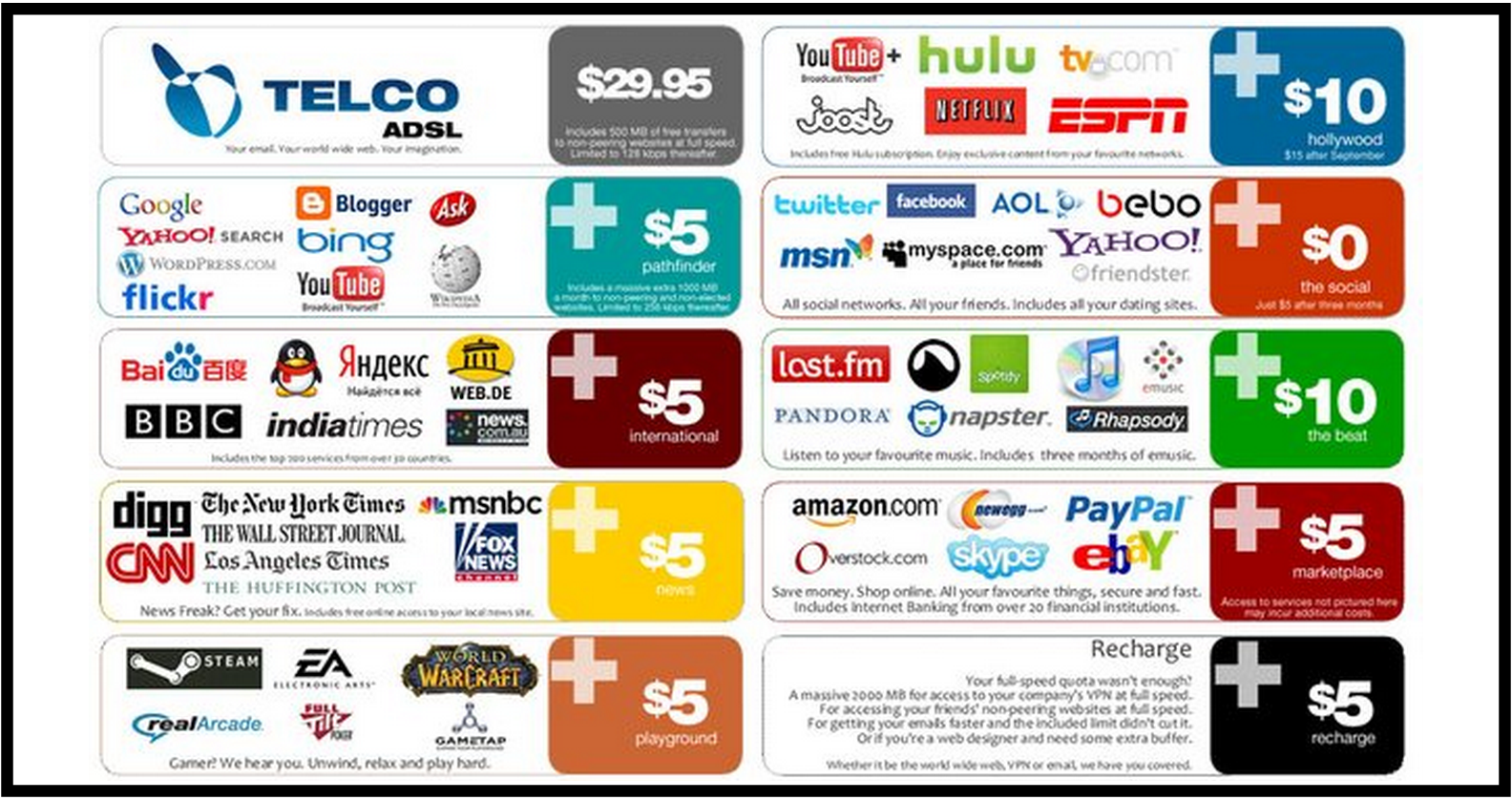BREAKING: FCC Rules To Reclassify Internet as Public Utility
By:
BREAKING (1:00PM ET): In a big win for Net Neutrality, the FCC has voted 3-2 to approve Commissioner Tom Wheeler's proposal to reclassify broadband as a Title II telecommunications utility.
Wheeler cited the four million public comments on the issue as playing a big part in the decision.
Reactions came in from across the country, including this one from the Los Angeles Times:
"This is clearly a victory for everyone -- not just Hollywood -- but everyone who uses the Internet," said Chris Keyser, president of the Writers Guild of America, West. "It is a critical moment in the ongoing fight for free expression and robust competition."
Wheeler also stated that letting ISPs dictate rules would have left the American people open to "fastlanes," and that a tiered internet would be hurtful to businesses and consumers alike.
--
It's expected that the FCC will formally vote tomorrow to regulate internet service as Title II telecommunications utility, according to multiple reports. That means the independent agency will put its full weight behind preserving the principle of net neutrality, which says that all data on the internet must be treated equally. Late in 2014, President Obama explicitly urged the FCC to take this action in order to preserve net neutrality.
The FCC's Title II move lost its last hurdle today when Senate Republicans conceded that the they won't be able to pass legislation that would strip the FCC of power to make this decision.
“We’re not going to get a signed bill that doesn’t have Democrats’ support,” Sen. John Thune (R-SD) told The New York Times. “This is an issue that needs to have bipartisan support.”
What can the FCC do if it adopts Title II classification?
A change to Title II regulation will allow the FCC to prevent so-called "fast-lane" internet service. Fast-lane service refers to potential deals between internet service providers (ISPs), such as Comcast, and content distributors (or creators), such as Netflix. Under that type deal, Netflix would pay Comcast to prioritize the movement of Netflix data over the internet.
Similarly, the FCC will also be empowered to prevent blocking of sites. To understand blocking, its helpful to consider the worst-case scenario proposed by some net neutrality advocates. Imagine a world where your internet service providers can ask you to pay extra to access Facebook. BitTorrent created the below image to illustrate how a "blocking" system might work. It looks a lot like your current, tiered cable package:

Are there downsides to Title II?
Some people think that regulating the internet as a utility might have a negative effect on innovation. Internet Service Providers (ISPs) argue that it will limit the investment that's put into existing internet services as well as new technologies for internet delivery.
There are also fears that Title II regulation will lead to the regulation of pricing. The New York Times reports that the FCC will not create price controls now, but some future administration could introduce them in the future.
Finally, for net neutrality advocates, the downside to this FCC action is that it could easily be reversed by a future administration that is not in favor of strong net neutrality rules or even an administration that does not think the FCC should have this power. What would be more permanent? A law passed by Congress and signed by the president that would protect net neutrality.
Who is against this?
ISPs are not fans of regulations that limit their ability to manage their services. They are also wary of the potential for a slippery slope toward the price controls discussed above.
Republicans in Congress are ostensibly in favor of the principle of net neutrality -- and have drafted legislation that would prevent fast-lanes and blocking -- but they are not in favor of allowing the FCC to regulate these issues. In fact, that draft legislation would strip the FCC of its powers to regulate the internet. Some net neutrality advocates think that legislation goes too far and they have also pointed out potential loopholes in the Republican proposal that might allow ISPs to prioritize their own content. On the other hand, there's some argument to the idea that Democrats should cut a deal with Republicans on net neutrality in order to preserve it with something more permanent than the FCC Title II classification, which could be reversed by some future administration.
